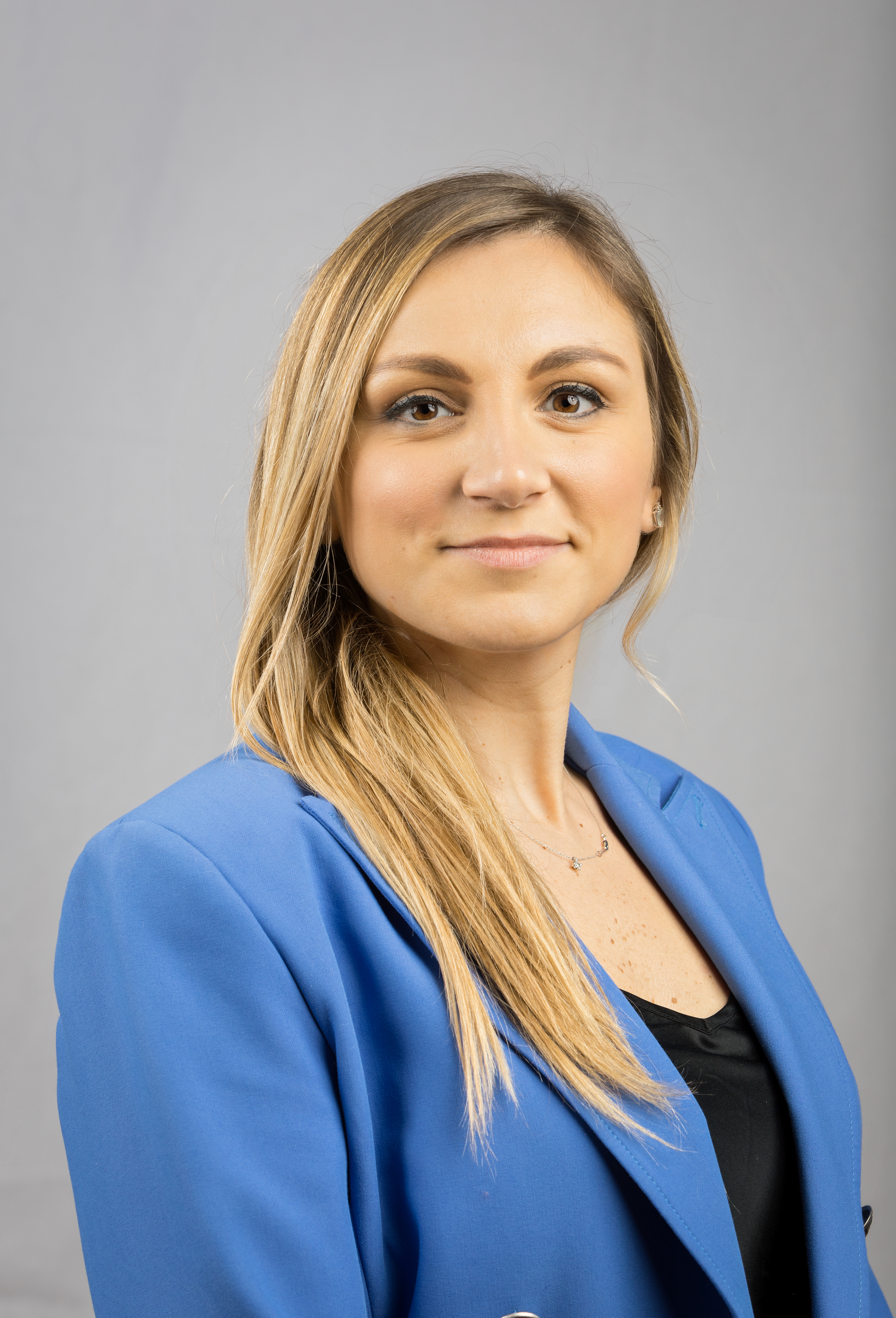19th Congress of ECCO: Overview of Scientific and Educational Programmes
Brigida Barberio, ECCO NEWS EDITOR
 Brigida Barberio © ECCO |
Dear IBD colleagues and friends,
Are you enjoying the first sunshine of spring, with its blooming trees, with longer days and milder temperatures?
Now, just for a moment, I want to bring all of you back to last winter and, particularly, to our 19th Congress of ECCO, held in Stockholm February 21-24, 2024, which I think was really exciting!
First, the Educational Programme, scheduled prior to the official start of the ECCO Congress, covered activities for ECCO's different interest groups including young gastroenterologists, surgeons, pediatricians, pathologists, IBD Nurses and allied health professionals and scientists.
Getting to the heart of our meeting, this year’s Congress was centered around the main topic “Crossing borders in IBD”, because we want borderless research in IBD! In fact, with the aim in mind to expand our horizons, the first plenary session was focused on the personalised therapy and approach in IBD. Is it hype or reality? Despite the increased number of drugs available for treatment of IBD, achieving clinical, biochemical, endoscopic and histologic remission remains a challenge. Therefore, the push towards personalised treatment is of paramount importance and to do so, we surely need to define our treatment targets in IBD. Is the resolution of inflammation the next treatment target? We discussed this point in the second session of our meeting. And, again, for a more personalised approach, we discussed how we should balance benefits and risks throughout the patient’s life, making our clinical choices according to the patient, based on their frailty or comorbidities.
Concerning the charting borders in IBD: are there differences about IBD care across the world? We tried to answer this question with excellent lectures and oral presentations, with speakers from the across the globe.
We are seeing the drawn of a new endoscopic era wherein the application of artificial intelligence (AI) has the potential to revolutionise IBD diagnosis and management. Therefore, in another session conducted in collaboration with ESGE, we examined how AI may assist us in the endoscopic monitoring of patients with IBD and in routine clinical practice.
Inevitably, we discussed how well our patients are reflected by clinical trials. Do we need to rethink this? And what about surgical trials? They are still lacking; therefore, we need to bridge this gap!
Moreover, we examined a novel and fringe topic: the role of the gut brain axis in IBD, a bidirectional communication, where afferent signals from the gut are transmitted to the brain, which can send signals via efferent pathways back to the gut. We know that one of the most common disorders arising from abnormalities in gut-brain interaction is irritable bowel syndrome (IBS). Likewise, patients with IBD, also with an inactive disease, may experience IBS-type symptoms. In this context, confusion between IBS-type symptoms and a recurrence of IBD activity can lead to difficulties in making clinical and therapeutic decisions.
Which role does the diet in IBD have? Does a certain lifestyle trigger IBD? Should we place nutritional intervention in the IBD algorithm? All these topics were discussed in a session full of interesting lectures and oral presentations.
Another session explored some of clinical challenges in IBD, including cancer cases, drug induced colitis and surgery during pregnancy.
Surely, a must-have session in our Congress is the one on basic science. We explored how metabolism meets intestinal inflammation, how it influences gut homeostasis.
Finally, we closed our Congress with an excellent ECCO Lecture by Jean-Pierre Hugot, entitled, “NOD2 in Crohn’s disease: What have we learned?”. Of course, we learned a lot from this timely discovery!
Maybe some of you missed our Congress? Do not worry, in case you missed it or would like to re-watch some of the content, you can visit our e-Library, where all the recordings can be found.
Moreover, you can find the 10 best abstracts (presented as digital oral presentations) selected by our experts here.
So, what else to say? We look forward to meeting again next year in Berlin for another unmissable Congress!!
Best wishes,
Brigida
Browse through the gallery:
Pictures are subject to copyright © ECCO

































